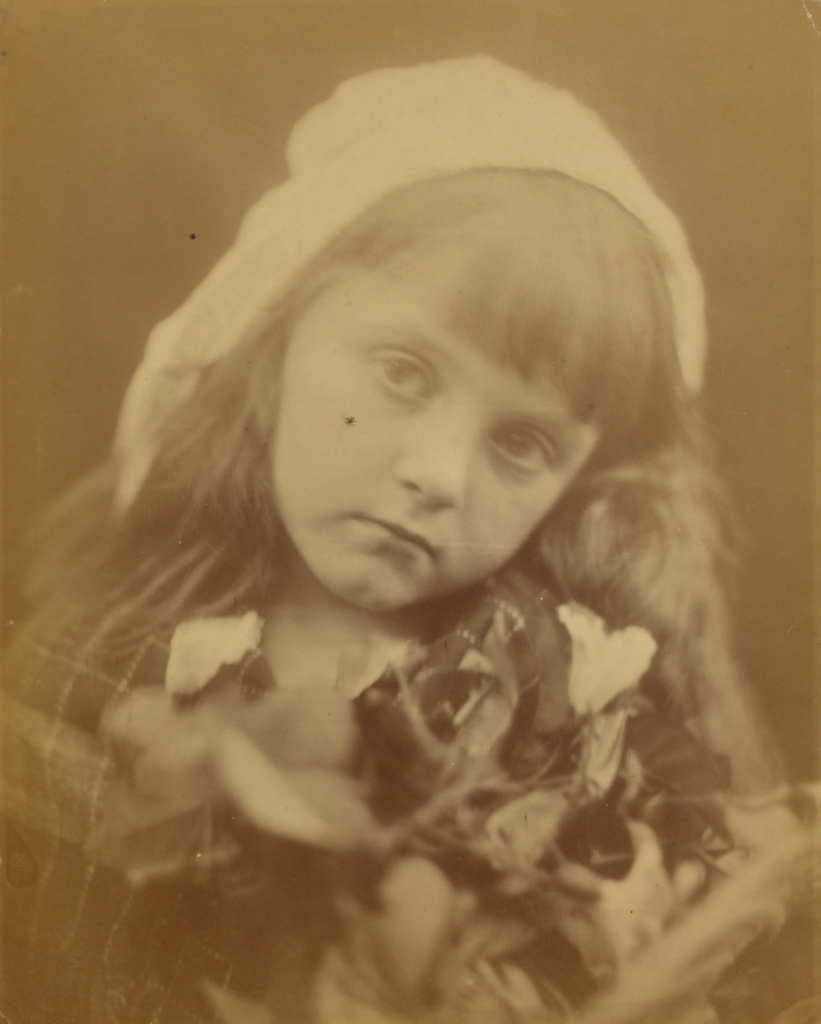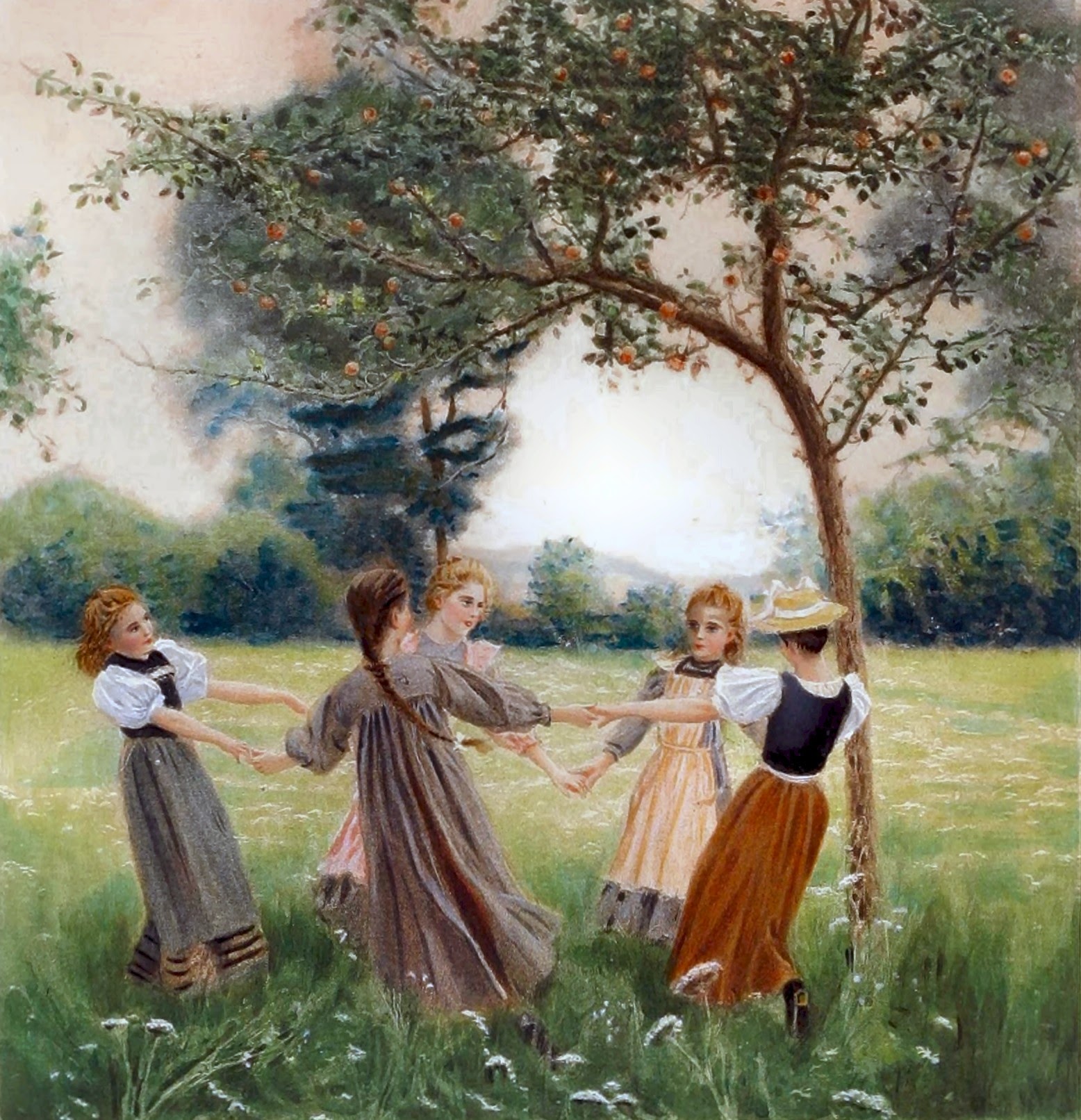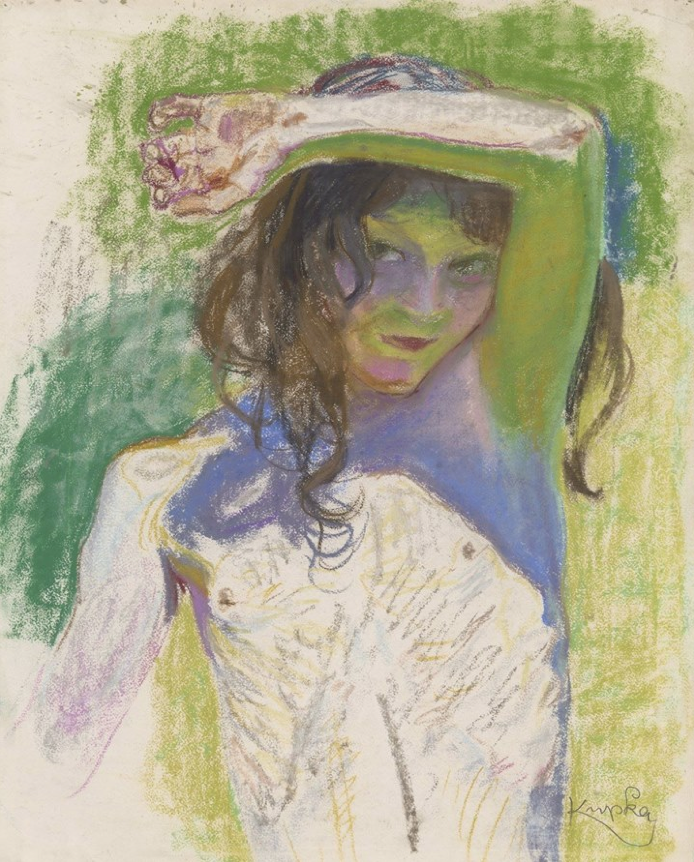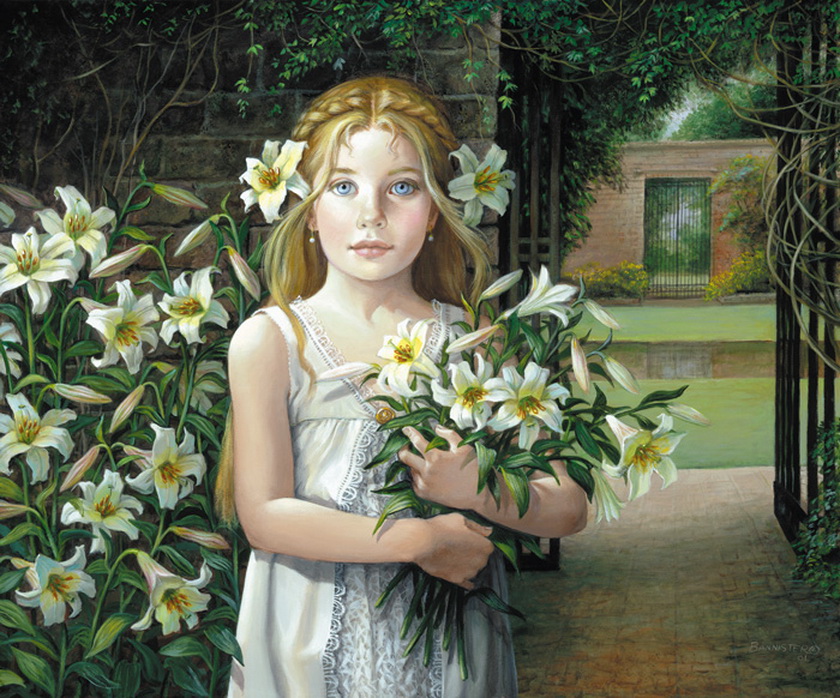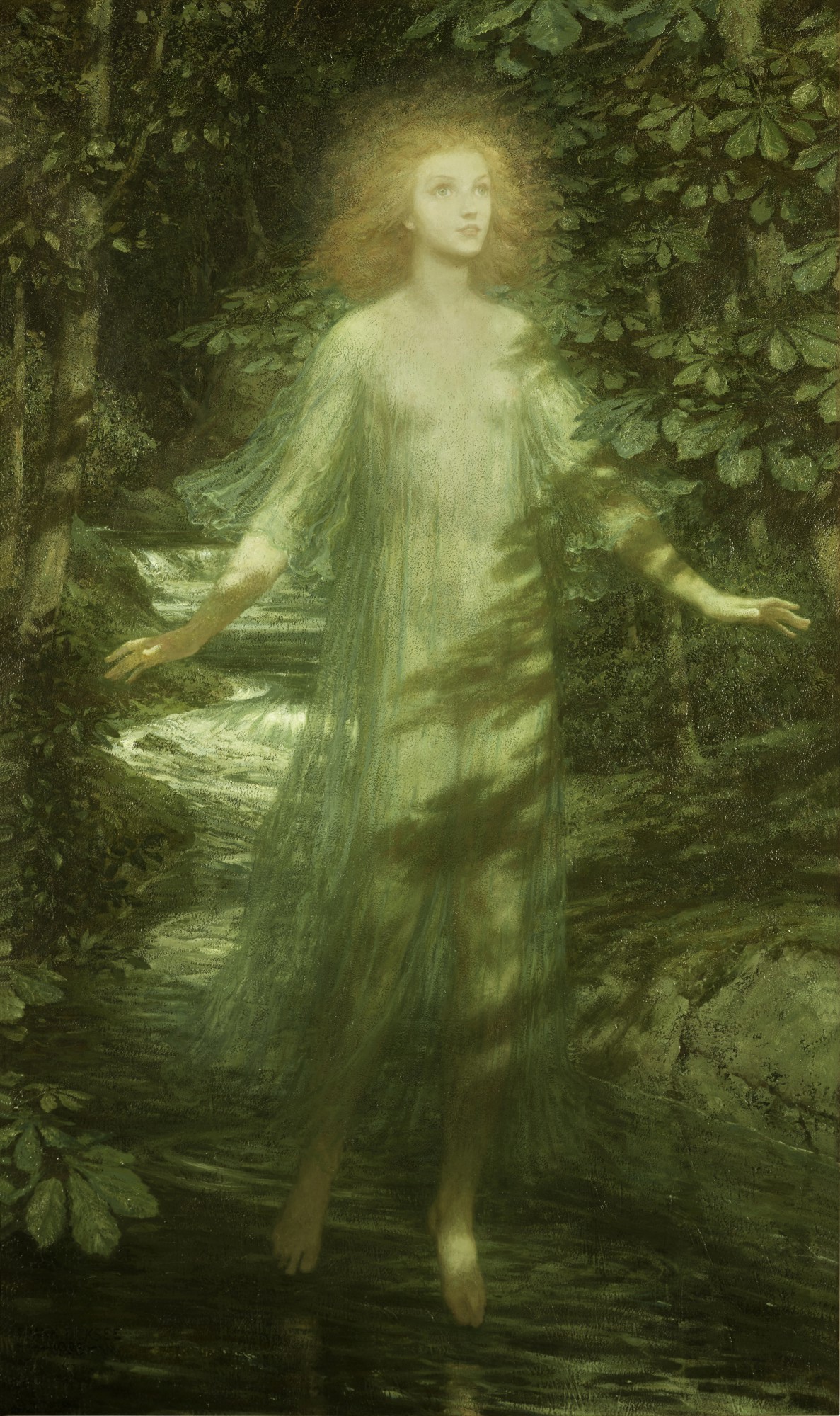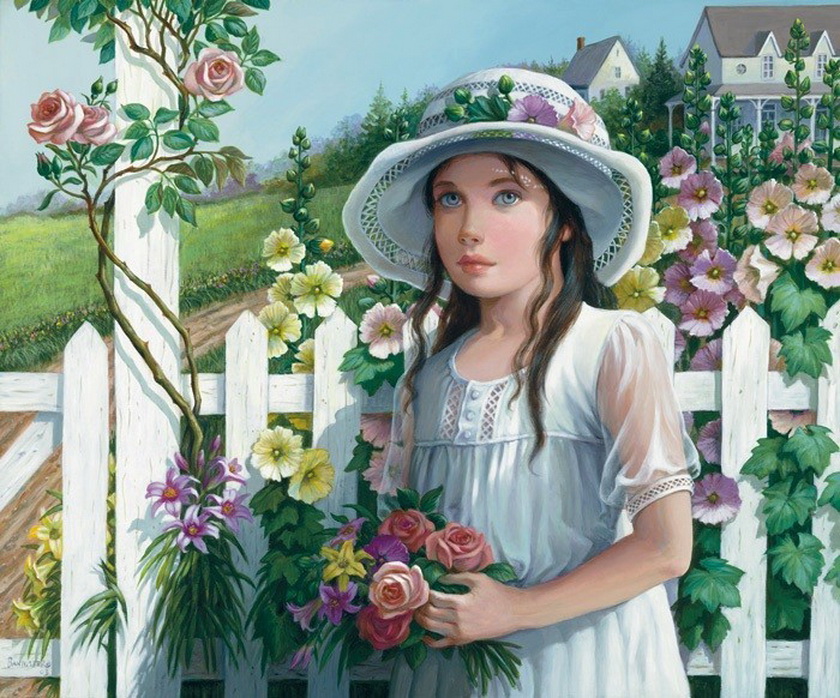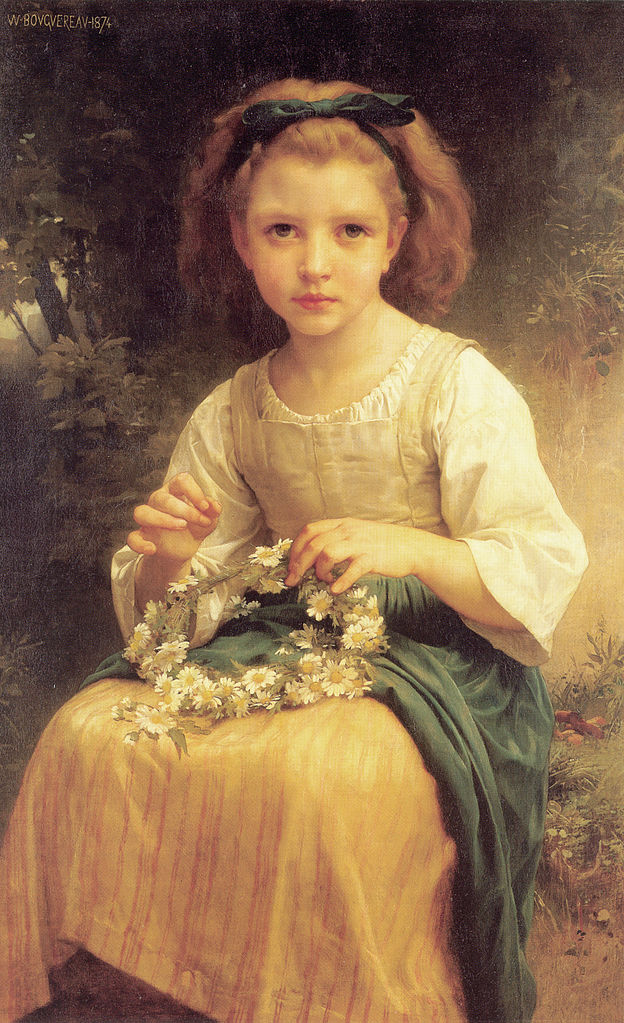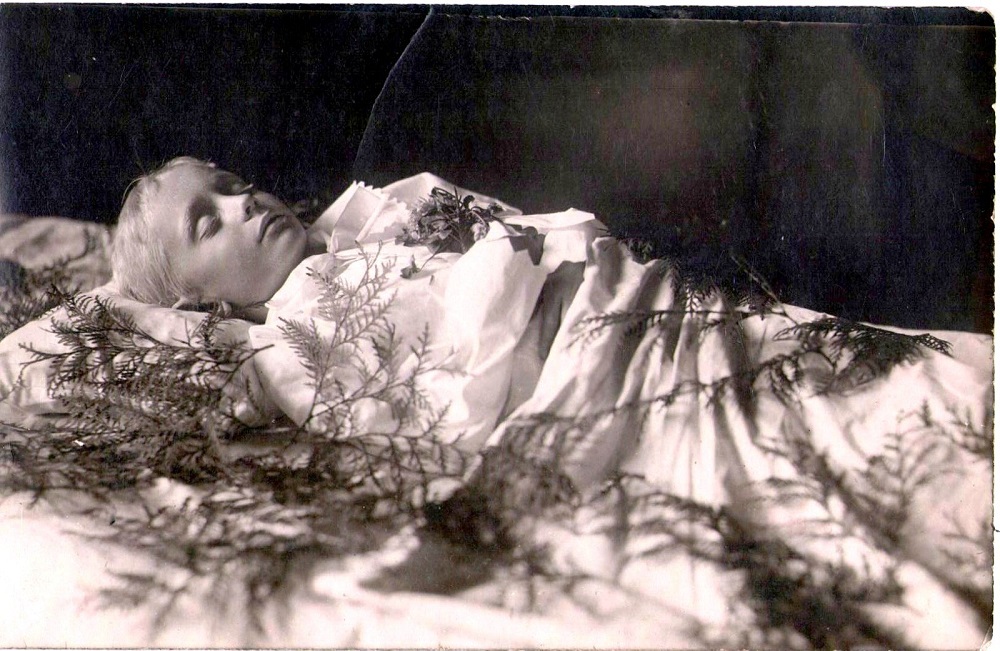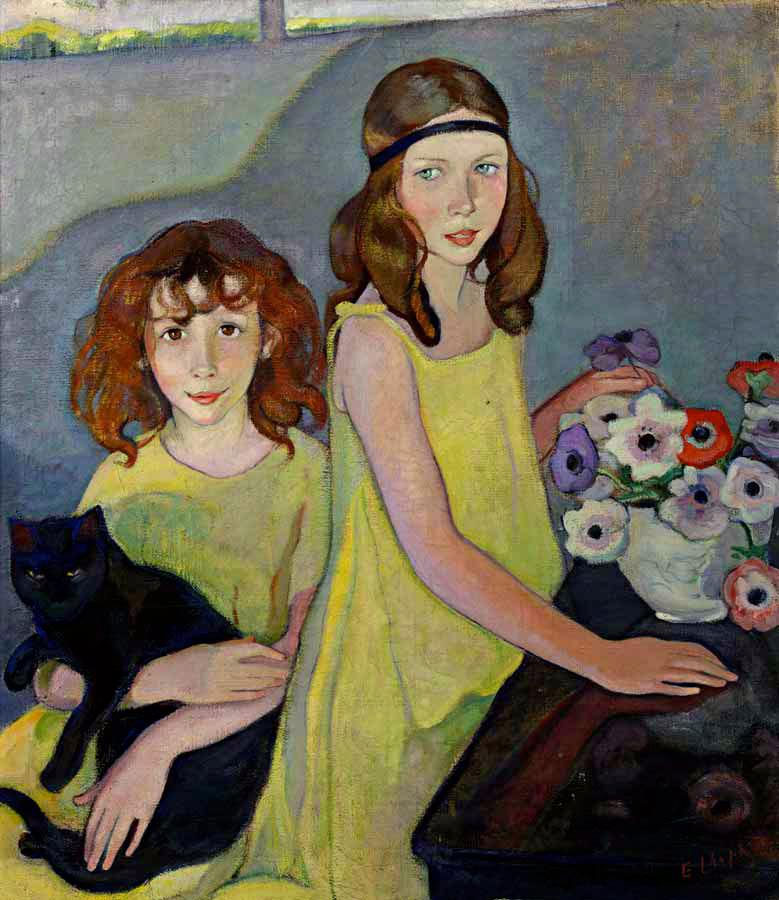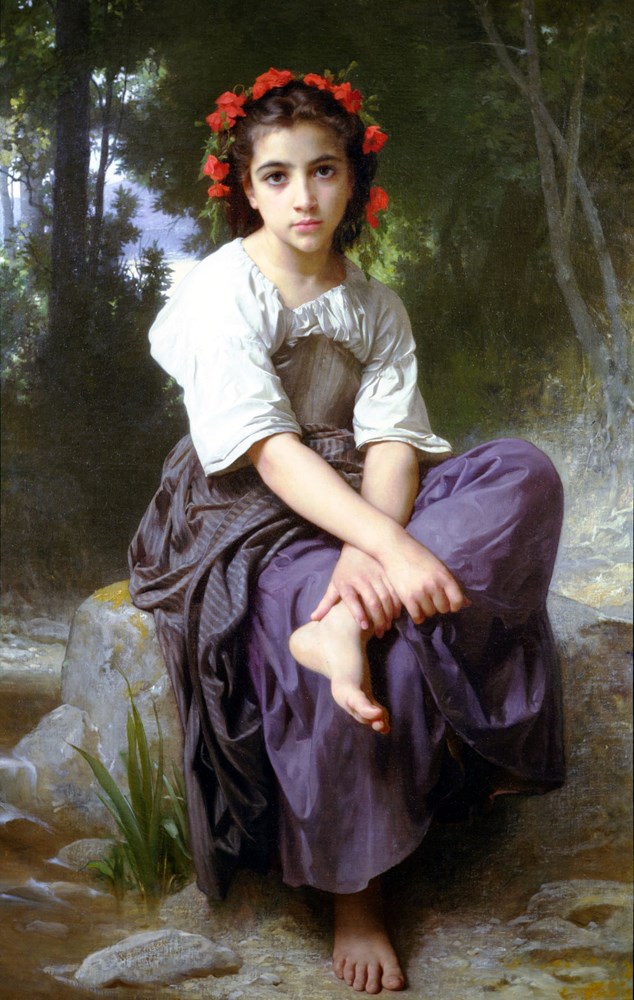
Asylum Poems, the fabulous collection of verses written by John Clare when he was interned in an lunatic asylum, is a real treasure full of beautiful love poems. I give here a charming one, devoted to a young beauty seen walking among the wild flowers of the mountain. CONTINUE READING / CONTINUER LA LECTURE…


